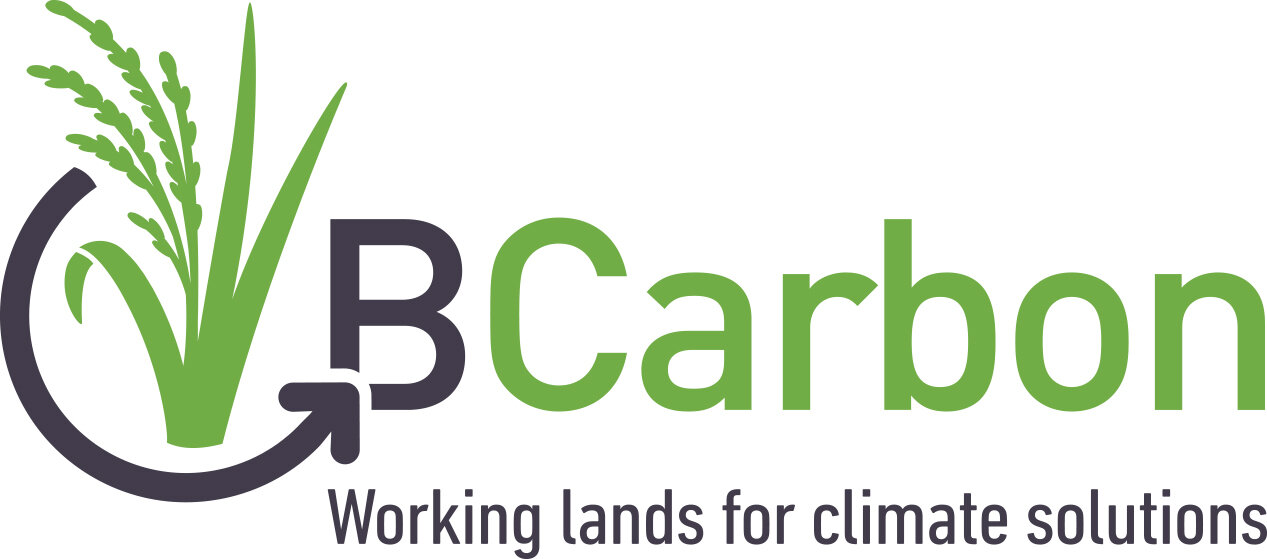Project involves 20,000 acres of public and private grasslands.

BCarbon and ExxonMobil Research and Engineering Company (EMRE) will begin a three-year study of nature-based carbon sequestration potential in association with the King Ranch, the EXELL Cattle Company, the Clark Farm, the Dixon Water Foundation, the North Dakota Department of Trust Lands, the New Mexico Department of Agriculture, and the New Mexico State Land Office.
The research will measure variation in carbon sequestration rates between tallgrass, shortgrass, and Texas coastal prairie ecosystems across a variety of climate and soil conditions as well as quantify range management impacts on water and biodiversity. Other key capacity and cost issues will be studied, including new measurement technologies and regional soil carbon analysis infrastructure including data analytics, laboratories, education, and training.
BCarbon is a non-profit carbon credit certification organization based in Houston, Texas that was created in 2020 by a diverse stakeholder group sponsored by the Center for Energy Studies at Rice University’s Baker Institute for Public Policy.
Jim Blackburn, CEO of BCarbon said, “Nature-based systems have the potential to significantly reduce our carbon footprint as well as provide far greater resilience for floods and droughts. This is the kind of real-world collaboration we believe will produce lasting results. And make no mistake about it – we are looking to create lasting results on climate, ecology and economics.”
Robert Hodgen, President and CEO of King Ranch, Inc. stated, “This project aligns with several of our core values including innovation, sustainability and support of rural communities. Our team is excited to collaborate with BCarbon and EMRE in this important project to define the natural carbon sequestration capacity of ranchlands across the country.”
Land Commissioner Jodi Smith with the North Dakota Department of Trust Lands added, “The Department manages over 700,000 surface acres of trust lands to provide funds for public schools and other public institutions. Managing these lands to naturally store more carbon could be important for the future funding of public education in North Dakota, and for meeting the state’s goal of carbon neutrality by 2030; however, we need the research to help us plan more effectively.”
Julie Maitland, Division Director for Agricultural Programs and Resources at the New Mexico Department of Agriculture said, “New Mexico is leading important efforts in climate change. Understanding how soil carbon might offer both climate solutions and important new economic revenue streams to our rural areas is critical to our long-term strategy.”
Will Barnes, Deputy Director of the Surface Resources Division of the New Mexico State Land Office added that, “working with state land agricultural lessees to conduct this kind of world class scientific research is vitally important to the protection of resilient rangelands and rural economies in New Mexico and helps the Commissioner’s efforts to create new diverse revenue streams on behalf of New Mexico public schools, universities and hospitals.”
Robert Potts, President of the Dixon Water Foundation offered, “We have supported our own research into soil carbon in the past. We know it occurs. We are very pleased to have a chance to extend our knowledge to areas like our Marfa, Texas ranching operations in drier climates where soil carbon accumulation will be more challenging.”
Dr. H.C. Clark, Owner of the Clark Farm in Texas, appreciates being part of this research project stating, “I’ve been reading about this potential soil carbon market for several years and am excited to be a part of the development of science-based research to help make better-informed decisions.”
“ExxonMobil’s continued investment in R&D plays an important role in developing breakthrough solutions aimed at reducing greenhouse gas emissions intensity across our businesses,” said Vijay Swarup, Vice President of Research and Development at ExxonMobil. “This collaboration with BCarbon is designed to study the nature-based carbon sequestration potential in grasslands in multiple states, with the potential to be deployed on and around ExxonMobil operations.”
The project will be underway as of January 15th , 2022, and research updates will be posted here regularly. For further information, contact Jim Blackburn, CEO and Chairman of the Board for BCarbon, at blackbur@rice.edu.
View full press release here.

